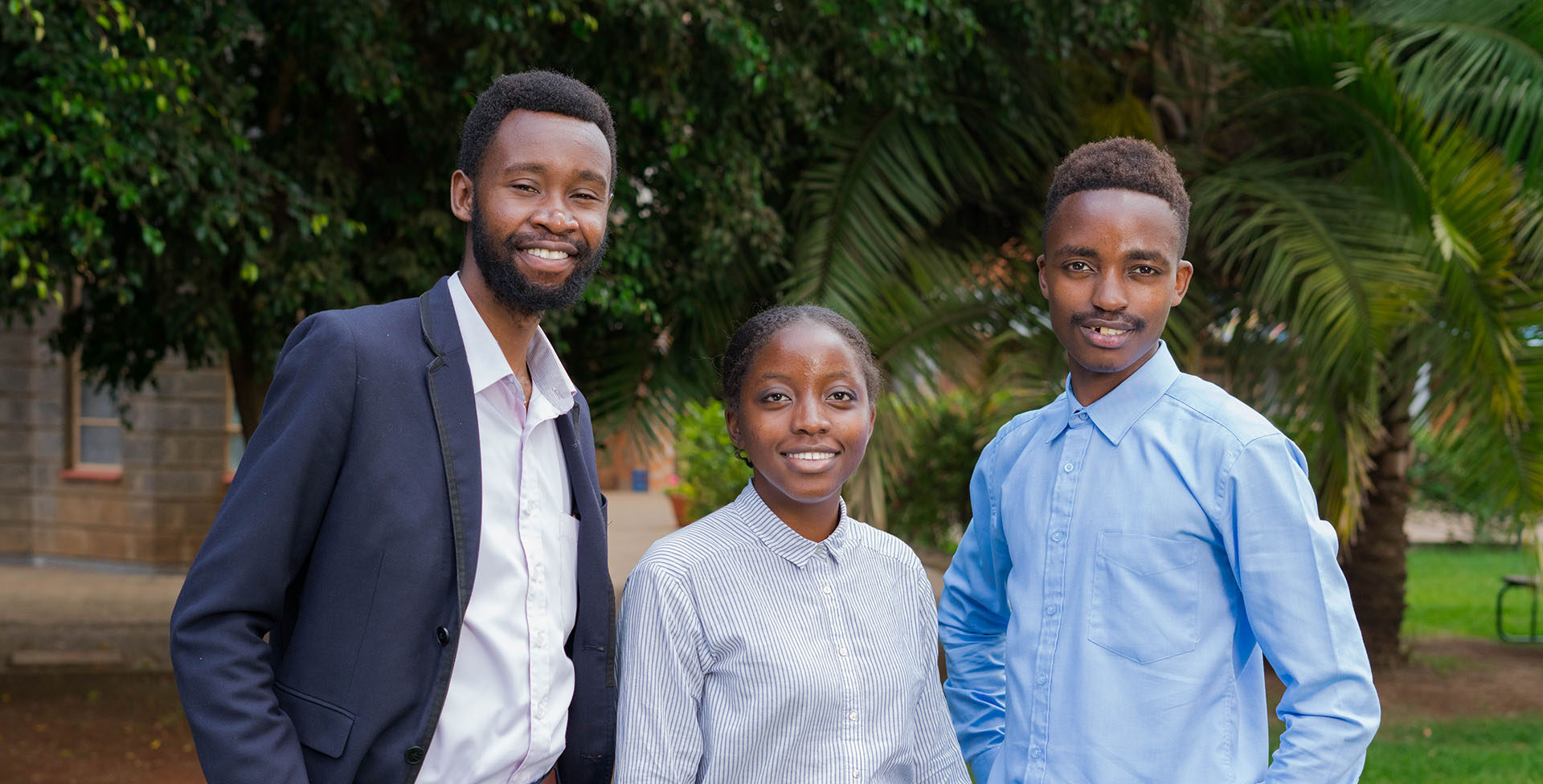How did you transition into the workplace? Do you remember?
Well, I do. I remember that my first job offer came while I was in 3rd year of university and I was so excited about it! Until I went home with the news. I thought this was such a testimony to my ability and gifts that an employer actually wanted me on their team before I graduated. My parents however, were nowhere near as excited. They were both closer to angry than happy.
Why? Because both of them were afraid that taking the job would delay my studies and they correctly feared that I wouldn’t complete my degree course. After some push and pull, I was given an ultimatum, to continue school and enjoy their support in regards to fees, food and housing or to take the job and fend for myself without them. Their argument was that for them a degree was what definitively changed their fortunes in the world and that they could take me to university and cater for me while I study was a point of privilege for them, they were not willing to risk my not completing the course and standing to secure what they believed were better opportunities. Reluctantly, I stood down, lay low and focused on graduating.
On one hand it was a privilege to have my fees catered for, on the other end after graduation, those that started working while in school clearly had an advantage over me. The reality is that in the time between when my parents were in University and the time I was in university, the dynamics had changed. A simple degree was no longer enough to get one through the door in their career path. I ‘tarmacked’ for 6 months and finally landed a job that was significantly less that the job I was offered in 3rd year.
The first job offer I got in 3rd year was my dream job, my first job out of university was a way to get to my dream job. I also recognize the privilege of my first job because in many ways it was a premium entry job position for my career path.
The point here is that the futures we imagine for the next generations are usually very different from what our futures looked like when we were where they are. It takes a great level of deliberate effort to pragmatically look at the environment to and allow yourself to think out of the box in regards to your child’s future. The world is changing fast and what was standard yesterday might not exist tomorrow.
So where is your place in your young person’s life? How can you support them in a world that’s new to both of you? The good news is, some things never change, like your role to guide and support your young person through life’s highs and lows the best you can.”
Written by Mutindi Musimba



